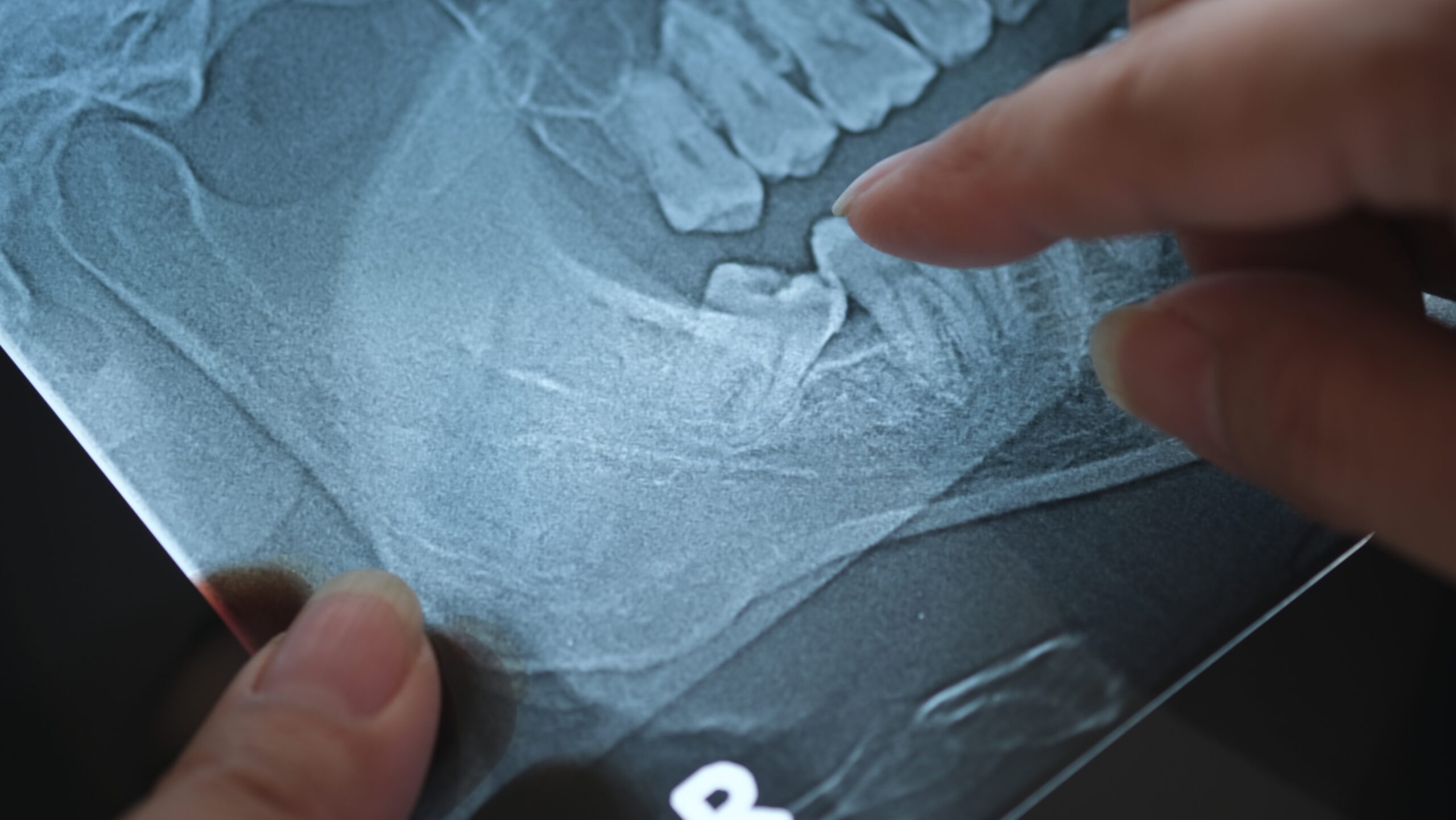
Why You Shouldn’t Wait Too Long to Remove Wisdom Teeth
If you’ve been told that your wisdom teeth might need to be removed, you may be tempted to put off the procedure. After all, if they’re not causing major discomfort yet, why rush? However, delaying wisdom teeth extraction can lead to significant complications down the road. Whether you’re in your late teens, twenties, or beyond, timing matters when it comes to wisdom teeth removal.This blog will cover why being proactive about removal is critical, the risks of waiting too long, and the benefits of early intervention. We’ll also touch on ways to recognize when it’s time to act.What Age Do Your Wisdom Teeth Come In?
Wisdom teeth, also called third molars, typically appear between the ages of 17 and 25. These late arrivals can be a bit unpredictable. For some people, they grow in without issue, but for many others, they don’t fully erupt or come in at odd angles. This can create problems like overcrowding, infection, or pain.The “wisdom teeth removal age” window often begins in the late teens or early twenties, which is when dentists and oral surgeons evaluate whether these molars pose a risk.Why Putting Off Removal Can Be Risky
While it might seem easier to delay surgery, postponing extraction can lead to complications that are harder to manage later. Here are some common risks of waiting too long to remove wisdom teeth:- Impacted Wisdom Teeth – Wisdom teeth often don’t have enough room to grow in properly. This can lead to impaction, where a tooth remains trapped under the gum or bone. Impacted teeth can cause significant pain, swelling, and even infections if not treated promptly.
- Cyst or Tumor Formation – When wisdom teeth are left impacted, they can sometimes form cysts or, in rare cases, tumors around them. These growths can damage nearby teeth, bone, and nerves, leading to more invasive surgery.
- Alignment Problems – Wisdom teeth coming in at odd angles can exert pressure on surrounding teeth. If left unchecked, they can disrupt alignment, potentially undoing the benefits of orthodontic work like braces.
- Difficulty with Surgery Recovery – The older you get, the more your teeth’s roots develop. Fully formed roots and denser surrounding bone can make wisdom teeth extractions more complex. Younger patients generally heal faster and experience fewer complications during recovery.
- Risk of Gum Disease and Decay – When wisdom teeth are partially erupted, they create small pockets in your gums that are nearly impossible to keep clean. These areas can harbor bacteria, leading to decay, gum infections, or abscesses over time.
Recognizing the Signs That Wisdom Teeth Need to Be Removed
Get Your Confident Smile — Book Today
Ready when you are. Our team at Infinite Dental Wellness makes scheduling a breeze and welcomes new patients for cleanings, cosmetic care, or dental emergencies.
Schedule a Visit- Persistent pain at the back of your mouth
- Swollen or bleeding gums around your molars
- Jaw stiffness or difficulty opening and closing your mouth
- Unexplained bad breath or a foul taste in your mouth
- Crowding or destabilization of your other teeth
The Benefits of Early Wisdom Teeth Removal
Proactively addressing your wisdom teeth can save you a lot of discomfort and complications in the future. Here’s why early intervention is often the best approach:- Simpler Surgical Procedure – When wisdom teeth are still in the early stages of development, their roots are shorter, making removal easier and less invasive.
- Faster Recovery Time – Younger individuals tend to heal more quickly, with less swelling, pain, and risk of complications.
- Lower Risk of Complications – Early removal minimizes the chances of developing issues like infection, decay, or impacted teeth.
- Preservation of Orthodontic Work – For those who’ve gone through braces or other orthodontic treatments, removing wisdom teeth on time helps maintain the alignment achieved through years of effort.
- Peace of Mind – Taking care of wisdom teeth before they become problematic eliminates the stress and uncertainty of dealing with an emergency extraction later in life.
